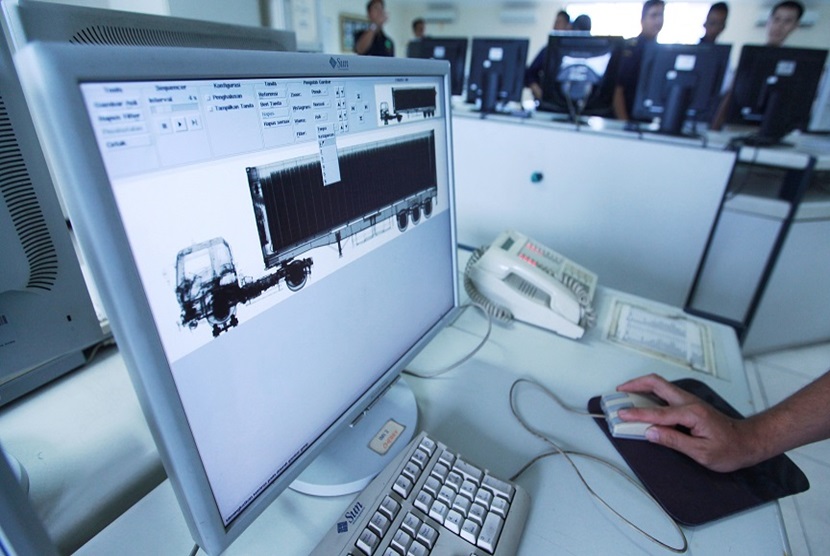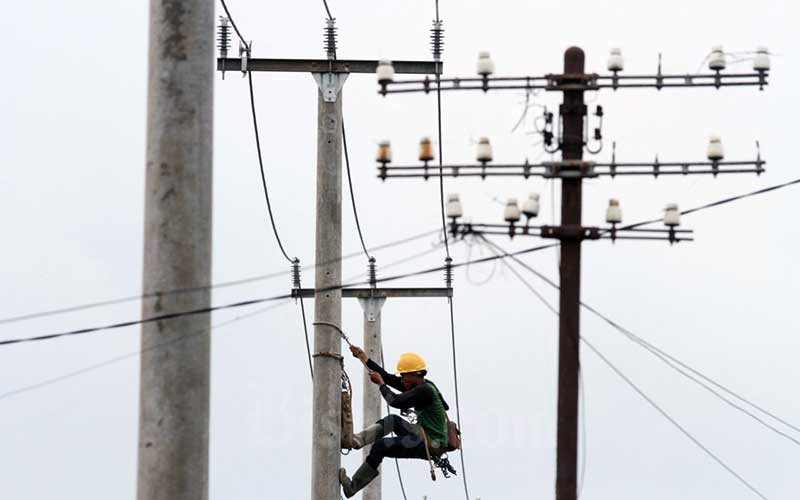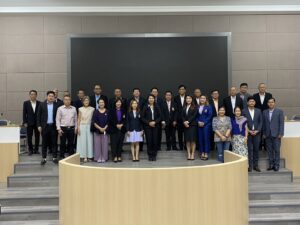[ad_1]
Sounds of explosions punctuated the final media interviews of Palestinian poet Dr Refaat Alareer in October 2023. He described, sometimes on the verge of tears, feelings of helplessness and despair as a parent under bombardment in Gaza.
On the first of November 2023, the father of six, an author, mentor, editor and professor of English literature at the Islamic University of Gaza, posted a poem called ‘If I Must Die’ on his X/Twitter account.
He was killed in an Israeli airstrike, alongside his brother, sister, nieces and a nephew, less than a month later.
For London-based poet Rafeef Ziadah, finding her voice to pay tribute to her lost peer will be a struggle as the death toll continues to mount in Gaza, but she is preparing for a tour of Ireland called ‘Let It Be a Tale’, the final line of Alareer’s poem.
“It’s difficult to even speak about,” Ziadah says, her voice cracking with emotion over the phone. “It’s hard to think about the good friends and amazing colleagues who are no longer with us.
“I am trying to gather all my strength to be on stage, but I must be honest, and tell people that it is really difficult for Palestinians right now, and it´s not easy to speak up and do poetry, but it’s what we have to do.”
For Ziadah, whose own move into performance and poetry came in her mid-twenties after she suffered a racist attack where she was kicked in the stomach and told it was to prevent her from having “terrorist babies”, raising her voice has always been a form of hope, poetry “a means of survival”.

At the moment, with over 33,000 people in Gaza dead since Israel first retaliated against the actions of Hamas on October 7, she says she “sometimes feel that words are not strong enough, and they aren’t stopping the bombs and the drones. But I still perform because I still have hope, and we need to tell the story”.
Ziadah was born in a refugee camp in Lebanon, a third-generation Palestinian refugee whose grandparents had fled Haifa and Jaffa: 98% of the Arabic population of Jaffa was expelled during the Nakba (or catastrophe) of 1948 and the city subsumed into a suburb of Tel Aviv.
Now based in London where she lectures in Development, Ziadah has no immediate relatives in Gaza, but plenty of friends and acquaintances, for whom she worries. For all Palestinian ex-pat communities, she says, the past few months have been a rollercoaster of emotions.
“We go through all the emotions, every day,” she says. “We check on our friends and loved ones, to see if they are still alive, but we are afraid to call, because we don’t know whether we will get bad news. There’s frustration with the political inaction, there’s anger. But there is also remarkable love. Every Palestinian I meet, we recognise what we are all going through. Everyone is trying their best.”
An oral tradition is something Ziadah feels Palestinian people shares with Irish people, as a by-product of dispossession and colonialism: material cultural artefacts like artworks and architecture are not portable, but words are.
“When people have been dispossessed multiple times as most Palestinians have been, we know that words are sometimes the only thing you can carry,” she says. Art and politics have always been intimately interwoven in her own work, culture formed and formalised through oral expression.

For this reason, Ziadah has been following Irish calls for a boycott of the Eurovision Song Contest closely. Most recently, Cork City Council passed a motion calling on the European Broadcasting Union, who run Eurovision, to ban Israel from competing but Bambie Thug, the Irish entry, has rejected calls to pull out of the competition.
“Art is used by Israel to promote itself and to normalise its image internationally while there is a genocide ongoing,” Ziadah says. “Eurovision is very specifically state-sponsored and state-branded art, so I think it’s well beyond time that calls for cultural boycotts are respected, that Palestinian voices are heard.
“What is the threshold of Palestinian deaths that people are willing to accept before a cultural boycott is respected? We are at 33,000 dead and counting. Gaza is starving. What else are they waiting for?”
Ziadah is touring Irish venues for eight days at the end of April; she will appear alongside musician Phil Monsour, and will perform poems from her most recent album, Three Generations, as well as earlier works including ‘We Teach Life’, which went viral when she released it 2011.
“We have put together a nice show and I am looking forward to being there and seeing all the audiences,” she says. “It will be difficult, and a joy, at the same time.”
[ad_2]
Source link




